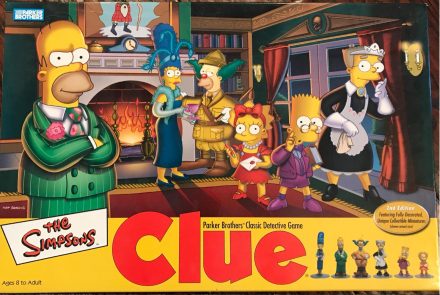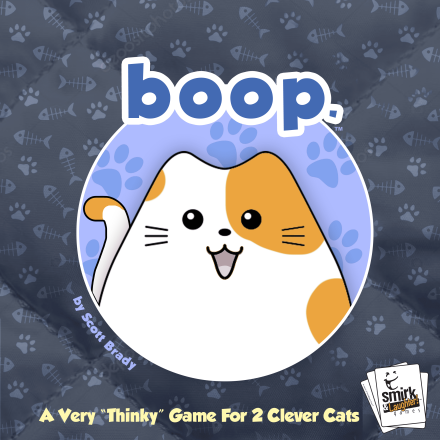
Glux
Glüx is a family game all about illuminating rooms. Every player tries to play the brightest light tokens in different areas on the board, thus gaining the majority in those areas. Who can place their light tokens in the cleverest way and illuminate the most areas?
Game Mechanics:
- Abstract Strategy
- Area Control
- Grid Movement
Game Specifications:
- 2 – 4 Players
- 30 – 45 Minutes
- Difficulty Weight 1.60



